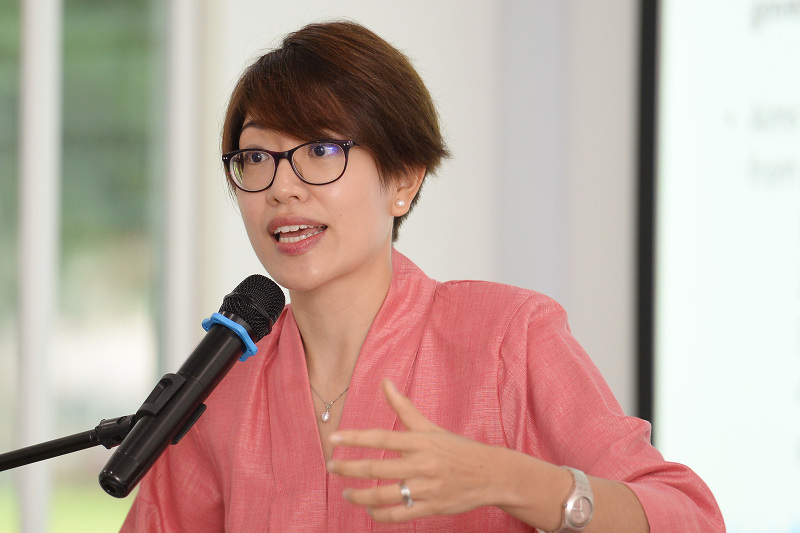GEORGE TOWN, Sept 28 — Penang can take the lead in incorporating open data and incorporate principles of Open Government Partnership, Institute for Democracy and Economic Affairs (IDEAS) chief operating officer Tricia Yeoh said today.
In her presentation at a seminar on fighting corruption through an open and transparent government, she said Penang has already started moving towards open data with the introduction of Freedom of Information (FOI) Enactment and asset declarations by elected representatives.
“It has the opportunity to take this step further by ensuring all state-level data is made readily available to the public to pave the way for collaboration with businesses and NGOs,” she said.
She also said the state should make available any agreements for projects that is going to affect the lives of citizens for an open discourse and transparency.
While commending the state for its FOI enactment and its readiness to review it to improve it, she also suggested that the state incorporate an open data clause into the enactment.
She pointed out that open data is important for governments to enact better policies as this open access to information will allow citizens to give feedback to policy makers.
Another speaker, Michael Canares, the regional research manager of Open Data Lab Jakarta, concurred that governments should be accountable by disclosing accurate data.
“If we open up data, it makes it possible for the governments to improve through feedback,” he said.
Later, during question and answer session, when asked whether open data practices should also include draft agreements of public projects, Canares said if the project affects the lives of citizens, it should be opened up to allow for open public discourse.
Sinar Project’s Khairil Yusof pointed out that the Selangor’s Select Committee on Competency, Accountability and Transparency (Selcat) has made recommendations for all future agreements to include the FOI clause.
“This means all future agreements signed by the state or its agencies with any third party are also under the FOI,” he said.
In closing the session, Yeoh said that Malaysia should make it a requirement for elected representatives to publicly declare their assets as there are already countries doing so.
“A certain level of leaders, like ministers, are maybe required to publicly declare their and their close family’s interests so that any conflict of interests are made public,” she said.
She also suggested that media practitioners move from reporting controversial and scandalous issues to report more about data.
“Forums like this is good but we still need to build up capacity training for civil servants. Federal and state governments can even engage GIAT to provide this capacity training on open data practices,” she said.
GIAT, which stands for Governance, Integrity, Accountability and Transparency, is a coalition made up of IDEAS, Transparency International Malaysia, Sinar Project, Centre to Combat Corruption and Cronyism and Friends of Kota Damansara.
Earlier, she mentioned the growing global trend of open data but Malaysia is still far from fully benefitting from it.
“The Open Data Barometer 2015 results show Malaysia ranking 51 out of a sample or 92 countries, a drop of 10 places from 2014,” she said.
She said this showed that Malaysia’s initiative is still one-sided where it is supply-side driven without engagement with a broad community of users.
She also said the lack of a Right to Information law coupled with the Official Secrets Act further undermined the open data initiative.
Yeoh stressed the importance of open data for governments to enact better policies.



















